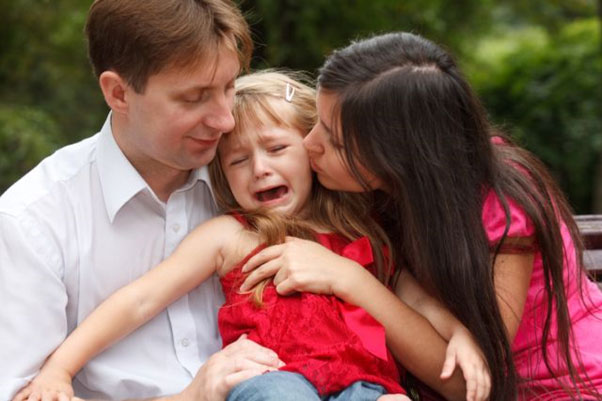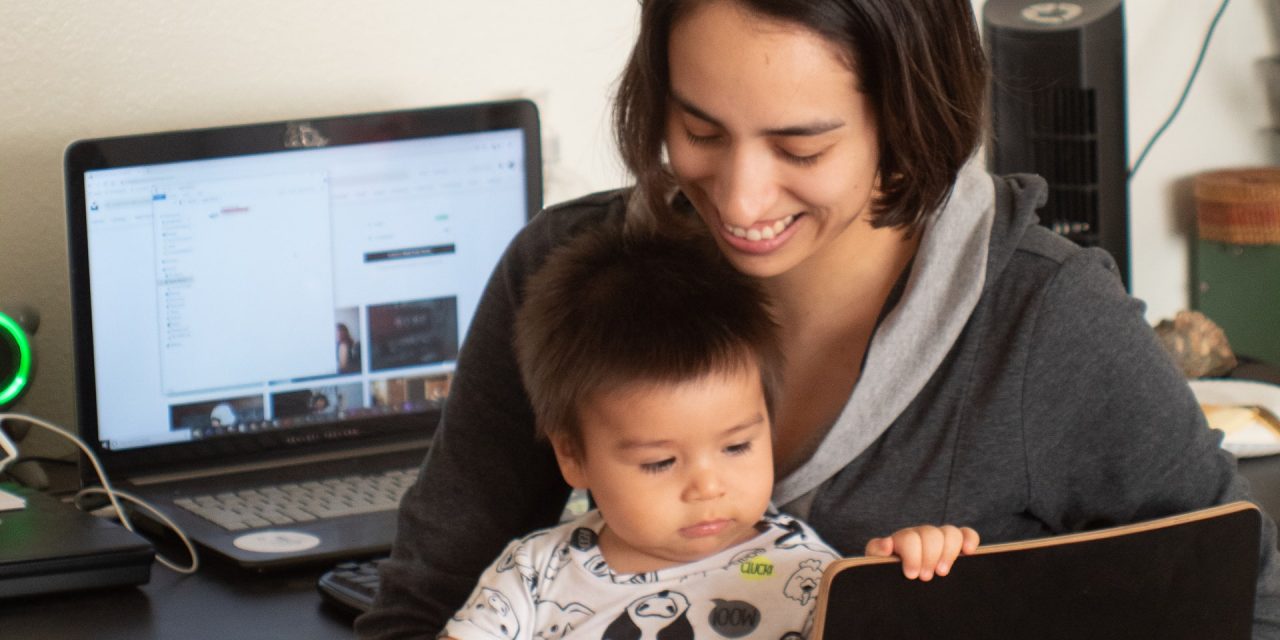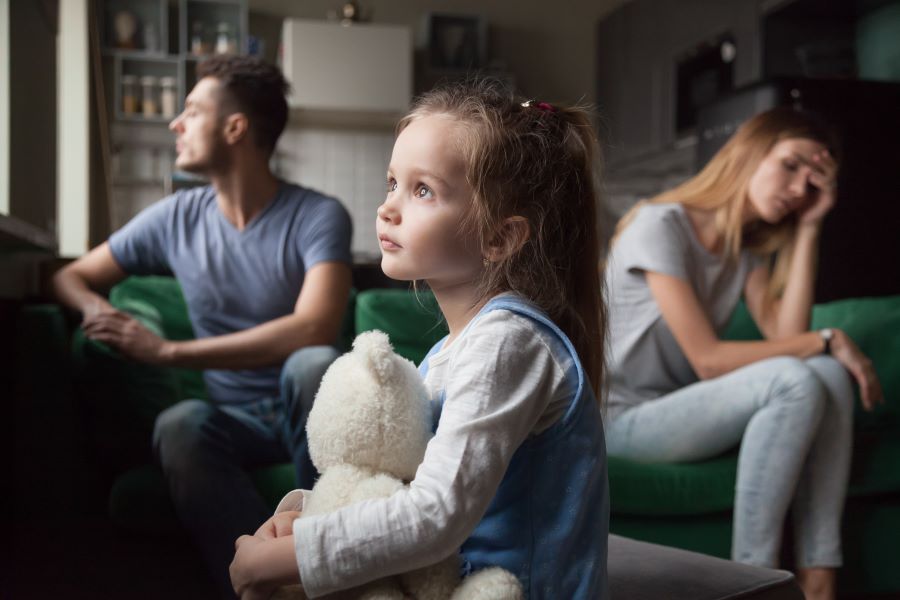Surviving Loss as a Single Parent: Strategies
Coping with loss as a single parent can be overwhelming. Prioritize self-care by understanding your emotions, setting boundaries, and practicing relaxation techniques. Build a support system by seeking professional help, connecting with friends, and joining support groups. Honor memories by creating rituals and memory keepsakes. Foster open communication within your family. Seek professional guidance and consider creating new family rituals. These strategies can help you manage grief and single parenthood. Embracing these methods can provide you with the support and strength needed to face challenges.
Key Takeaways
- Seek specialized counseling for tailored support.
- Utilize professional grief support to navigate mourning.
- Prioritize seeking help for emotional well-being.
- Obtain guidance on supporting children through grief.
- Access tools for healing and emotional processing.
Prioritizing Self-Care

To navigate the challenges of surviving loss as a single parent, prioritizing self-care is essential for maintaining your well-being and resilience.
In times of hardship, it’s important to engage in self-reflection to understand your emotions and needs. Embracing self-love is a powerful tool in your self-care arsenal. By treating yourself with compassion and kindness, you can build inner strength to face the difficulties ahead.
Establishing personal boundaries is another key aspect of self-care. Recognize when you need to say no to additional responsibilities or when you need to ask for help. Setting limits isn’t a sign of weakness but a demonstration of self-respect.
Incorporating relaxation techniques into your routine can positively impact your well-being. Whether it’s mindfulness meditation, deep breathing exercises, or a soothing bath, find what helps you unwind and recharge.
Taking time to relax isn’t a luxury but a necessity in maintaining your physical and emotional health. Remember, by prioritizing self-care, you’re better equipped to navigate the challenges of single parenthood with resilience and strength.
Building a Support System
You don’t have to go through this alone. Seeking professional help can provide you with the tools and guidance you need to navigate this challenging time.
Connecting with friends and joining support groups can also offer you a sense of community and understanding as you cope with your loss.

Seeking Professional Help
Consider reaching out to a counselor or therapist to help you navigate through the challenges of single parenthood and build a strong support system. Therapy sessions can provide a safe space for you to express your feelings, process your grief, and develop coping strategies.
Counseling support can offer valuable insights and tools to help you manage the emotional rollercoaster that comes with loss and single parenting. Therapists are trained professionals who can offer guidance on how to prioritize self-care, communicate effectively with your children during this difficult time, and work through any unresolved issues.
Through therapy sessions, you can also explore healthy ways to cope with stress, guilt, and any feelings of inadequacy that may arise.
Connecting With Friends
Connecting with friends can be an important step in building a support system as a single parent journeying through loss. Your friend circles can provide a valuable source of emotional support, understanding, and companionship during this challenging time. Reach out to friends who’ve shown care and empathy in the past, and don’t hesitate to share your feelings with them. Sometimes just having someone to talk to can make a significant difference in how you cope with your loss.
Consider organizing social outings with your friends to engage in activities that you enjoy. These outings can help you take a break from the stress and grief you may be experiencing, allowing you to relax and have moments of joy amidst the difficult times.
Whether it’s a simple coffee date, a movie night, or a walk in the park, spending time with friends can provide comfort and a sense of normalcy in your life as a single parent facing loss.
Joining Support Groups
Exploring support groups can be a beneficial way to build a strong network of understanding individuals who can provide comfort and guidance as you navigate the challenges of single parenthood amidst loss.
Joining online forums tailored to single parents facing similar situations can offer a sense of community and a platform to share experiences. These virtual sessions allow for flexibility, enabling you to connect with others from the comfort of your home.
Additionally, seeking out local meetups or in-person gatherings can provide valuable face-to-face interactions. Meeting fellow single parents in real life can foster deeper connections and offer a support system outside of the physical world.
Engaging in discussions, attending group activities, or simply sharing a cup of coffee with someone who understands your journey can be incredibly comforting.
Honoring Memories Together
As you navigate the journey of grieving as a single parent, honoring memories together can be a healing and comforting experience. Shared rituals for remembrance, such as lighting candles or visiting special places, can help you and your children feel connected to your loved one.
Creating memory keepsakes, like scrapbooks or memory boxes, can also provide a tangible way to cherish and celebrate the time you shared with them.

Shared Rituals for Remembrance
Creating shared rituals to honor the memories of your loved one can provide comfort and connection during the grieving process as a single parent. Healing through traditions can offer solace and a sense of continuity. When coping together with your children, consider establishing rituals like lighting a candle on special occasions, visiting a meaningful place, or sharing stories about your loved one during family dinners. These shared activities can help strengthen your family bond while honoring the memory of the person you lost.
Incorporating rituals into your daily or special occasions can create a space for reflection and remembrance. By engaging in these shared traditions, you and your children can find moments of peace and unity amidst the grief.
Creating Memory Keepsakes
Consider preserving cherished memories with your children through the creation of memory keepsakes, fostering a shared connection and honoring the legacy of your loved one. Engaging in DIY crafts can be a therapeutic and creative way to reminisce about special moments.
Encourage your children to participate in making personalized gifts that hold sentimental value. From creating memory jars filled with handwritten notes about happy times to designing photo albums capturing precious memories, there are countless ways to encapsulate the essence of your loved one.
Crafting memory keepsakes together not only provides a space for healing but also strengthens the bond between you and your children. These tangible mementos can serve as a source of comfort during difficult times, reminding you all of the love and joy shared with the one you lost.
Open and Honest Communication
Effective communication is crucial when managing the challenges of parenting alone after experiencing a loss. Family meetings can provide a safe space for everyone to express their feelings and concerns. It’s important to have regular check-ins to gauge how each family member is coping emotionally. These emotional check-ins can help you understand your children’s needs better and allow them to feel heard and supported during this difficult time.
During family meetings, encourage open and honest communication. Let your children know that it’s acceptable to talk about their emotions and that you’re there to listen without judgment. Share your own feelings too; this can create a sense of unity and connection within the family. Be patient and understanding as everyone processes grief differently.
Remember that communication is a two-way street. While expressing your own emotions is vital, make sure to actively listen to what your children have to say. By fostering open communication in your family, you can navigate the challenges of single parenthood after a loss together.
Seeking Professional Guidance

When facing the challenges of single parenthood after a loss, it can be beneficial to seek professional guidance to support you and your family through this difficult time. Therapy sessions can provide a safe space for you to express your emotions, navigate your grief, and learn coping strategies to manage your new reality. Counseling services offer specialized support tailored to your needs as a single parent dealing with loss. These services can provide valuable tools to help you and your children process your emotions and find ways to heal together.
Grief support from trained professionals can help you understand the mourning process and offer guidance on how to support your children as they grieve. By seeking professional help, you’re taking an important step towards rebuilding your family’s emotional well-being.
Creating New Family Rituals
Exploring the process of creating new family rituals can offer a meaningful way to navigate and honor your journey as a single parent coping with loss. Introducing new traditions can help in establishing a sense of stability and togetherness during challenging times. These rituals can be as simple as a weekly movie night, a monthly picnic in the park, or a daily gratitude circle where everyone shares a positive moment from their day. By incorporating these new traditions, you provide your family with something to look forward to, fostering a sense of routine and comfort.
Family bonding is at the core of these rituals. They offer opportunities for you and your children to come together, share experiences, and create lasting memories. Engaging in activities that hold significance for your family can strengthen your connections and provide a sense of unity. Whether it’s cooking a special meal together, taking a nature hike, or volunteering as a family, these shared moments can help in healing and moving forward as a resilient unit.
Frequently Asked Questions
How Can I Help My Children Cope With Their Own Grief?
You can help your children cope with their grief by considering child therapy as a resource for professional support. Encourage them to express their emotions through creative outlets like art, writing, or music to process their feelings.
Is It Normal to Feel Guilty for Moving On?
Feeling guilty for moving on after a loss is common. Remember, emotional healing is a journey. Practice self-care, manage guilt with healthy boundaries. It’s okay to prioritize your well-being while honoring your past.
What if My Support System Isn’t Understanding?
If your support system isn’t understanding, seek therapy for guidance. Find new friends who empathize. Educate family members on your needs and set boundaries. Surround yourself with those who uplift you during this difficult time.
How Do I Navigate Dating as a Single Parent After Loss?
Managing dating as a single parent post-loss can be tough. Remember to set boundaries that prioritize your well-being and your children. Manage time wisely by scheduling dates when your kids are with a trusted caregiver.
Can I Still Honor My Partner’s Memory While Moving Forward?
You can absolutely honor your partner’s memory while moving forward. Cherish their legacy by creating new traditions, sharing stories, and finding ways to keep their spirit alive in your everyday life. Embrace the past as you step into the future.
Conclusion
Remember, as a single parent navigating loss, it’s important to prioritize your own well-being, seek support from loved ones, and communicate openly with your children.
By honoring memories together, seeking professional guidance when needed, and creating new family rituals, you can find strength and resilience in the face of adversity.
You aren’t alone in this journey, and by taking care of yourself, you can better support your family through the grieving process.
Stay strong, and remember to be kind to yourself.

Hey there! 👋 I’m a proud mom and passionate writer, sharing my parenting journey. 📝 Join me as I navigate the ups and downs of motherhood, offering tips, advice, and a sprinkle of humor along the way. 🌟







